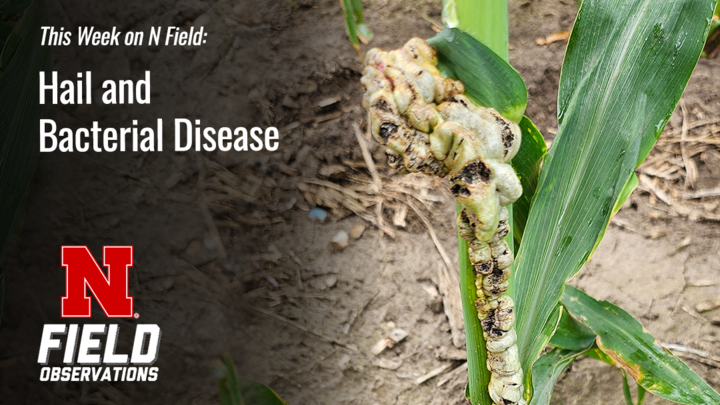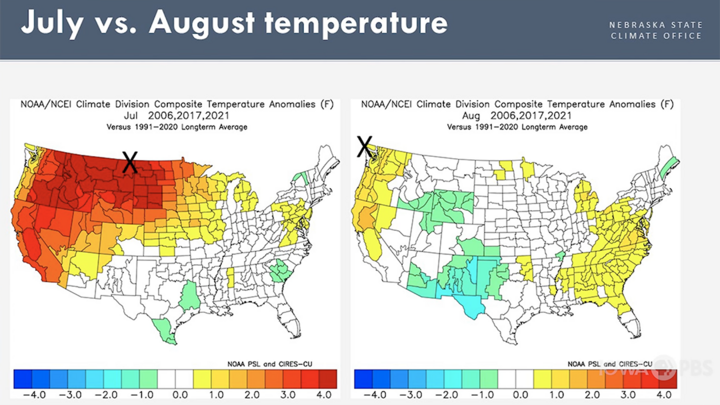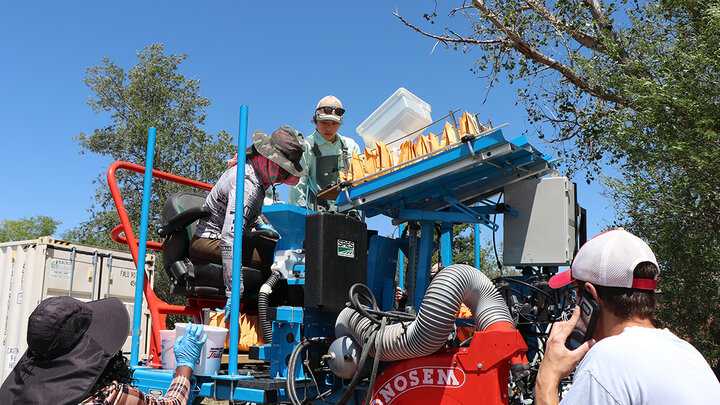As international trade issues receive growing attention, it is important for Nebraskans to understand the ramifications for the state’s ag sector and overall economy. The Clayton Yeutter Institute of International Trade and Finance is uniquely positioned to meet that need.
The institute, named after former U.S. Trade Representative Clayton Yeutter, stands out for its multidisciplinary approach encompassing agricultural economics, law, business and policy making.
Three of the institute’s faculty chairs have written a report examining the economic ramifications and legal background for U.S. tariffs recently imposed on China, Mexico and Canada.
Those U.S. trade actions are separate from the administration’s recently announced intention to study and later impose “reciprocal tariffs” on individual countries, depending on their level of tariffs and non-tariff barriers.
“The administration is signaling that it intends to make trade policy an ongoing, high-profile part of its agenda, connected to overall economic policy,” the institute said. “Decisions will impact businesses, farmers, consumers, the economy and the trading system.”
Understanding the multiple issues involved in the administration’s trade actions “requires legal, economic and diplomatic lenses — an approach that defines the Yeutter Institute,” the report said.
The new U.S. tariffs on goods from China, Mexico and Canada can be expected to erode the export competitiveness of Nebraska’s ag sector and decrease its access to export markets due to trading partners’ retaliation, the Yeutter analysis found.




